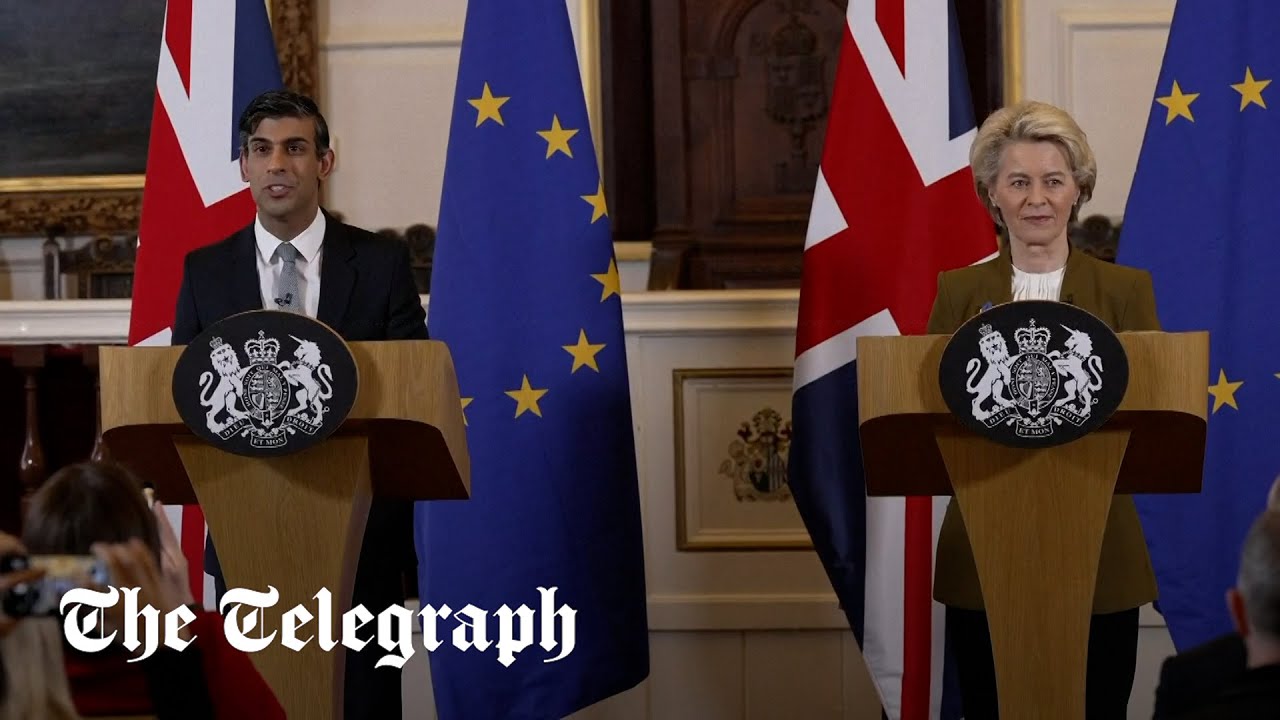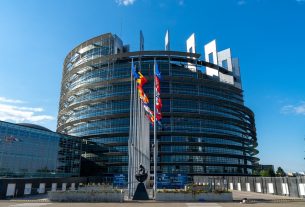On trade, the framework unveils a new green lane, under which traders moving goods destined for Northern Ireland will be freed of unnecessary paperwork, checks and duties. All goods destined for the EU will use the red lane.
A single supermarket truck, which previously had to provide 500 certificates, can instead make a straightforward commitment that goods will stay in Northern Ireland. Retailers will mark goods as “not for EU”, with a phased rollout of this requirement to give them time to adjust.
In addition, chilled meats such as sausages, which were banned under the old protocol, can be moved freely into Northern Ireland like other retail food products.
Parcels from people or businesses in Great Britain can now be sent to friends, family, and consumers in Northern Ireland without the customs declarations, processes or extra costs under the old protocol. Parcels sent business to business will travel via the green lane.
The framework also ensures that the same medicines will be available across the UK, including Northern Ireland. Pets will be able to travel freely with their owners across the UK, without expensive health treatments or documentation from a vet.
Previously banned plants such as English oak trees and seed potatoes will once again be able to be moved easily within the UK without the bureaucratic checks and costly certification under the old protocol.
The legal text of the treaty has been amended so that critical VAT and excise changes will apply to the whole of the UK. This means that zero rates of VAT on energy saving materials such as solar panels and alcohol duty reforms will now apply in Northern Ireland.
Finally, the new “Stormont brake” means the Northern Ireland Assembly can oppose new EU goods rules that would have significant and lasting effects on everyday lives in Northern Ireland. They will do so on the same basis as the “petition of concern” mechanism in the Good Friday Agreement, needing the support of 30 members from at least two parties.


